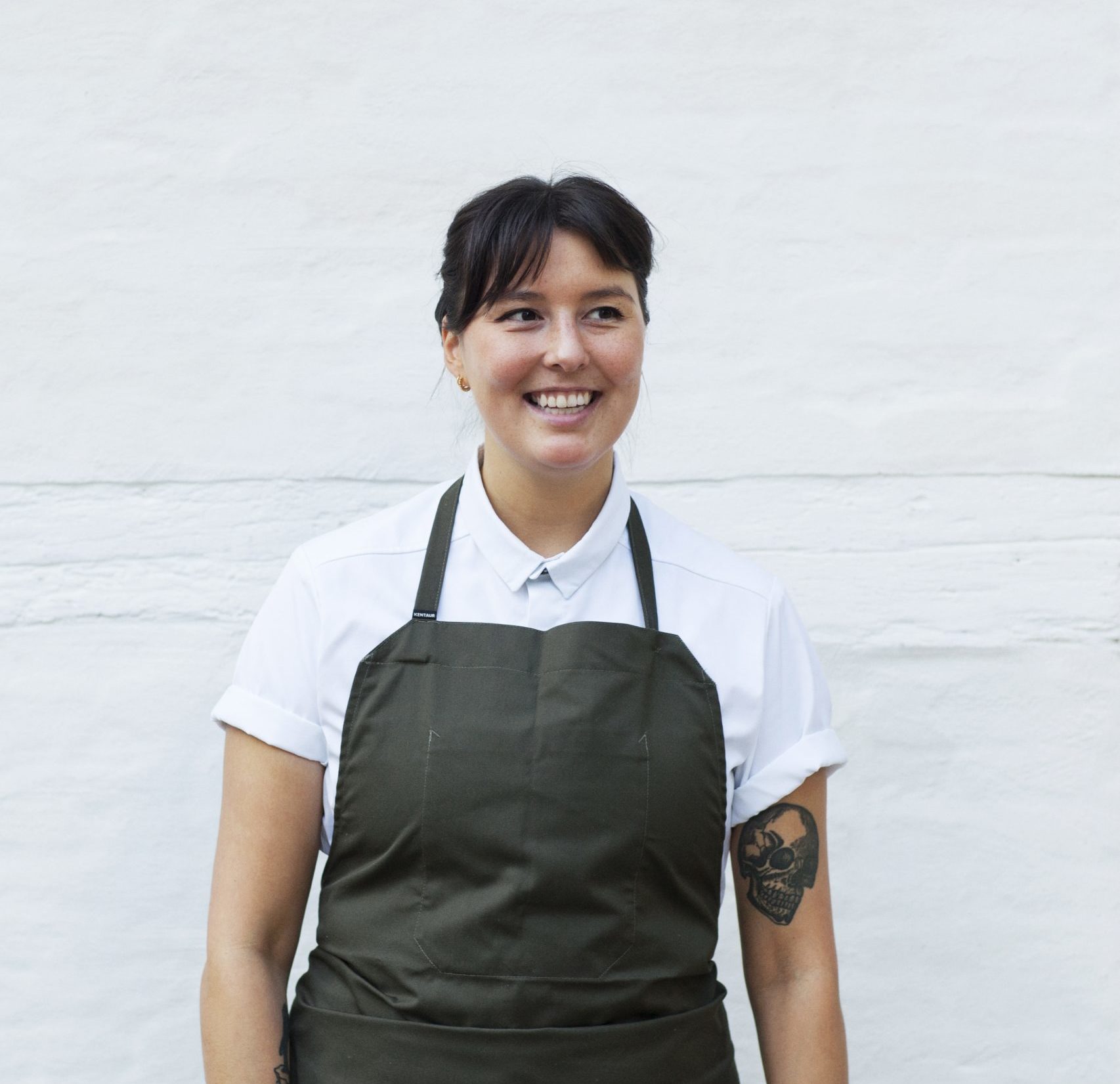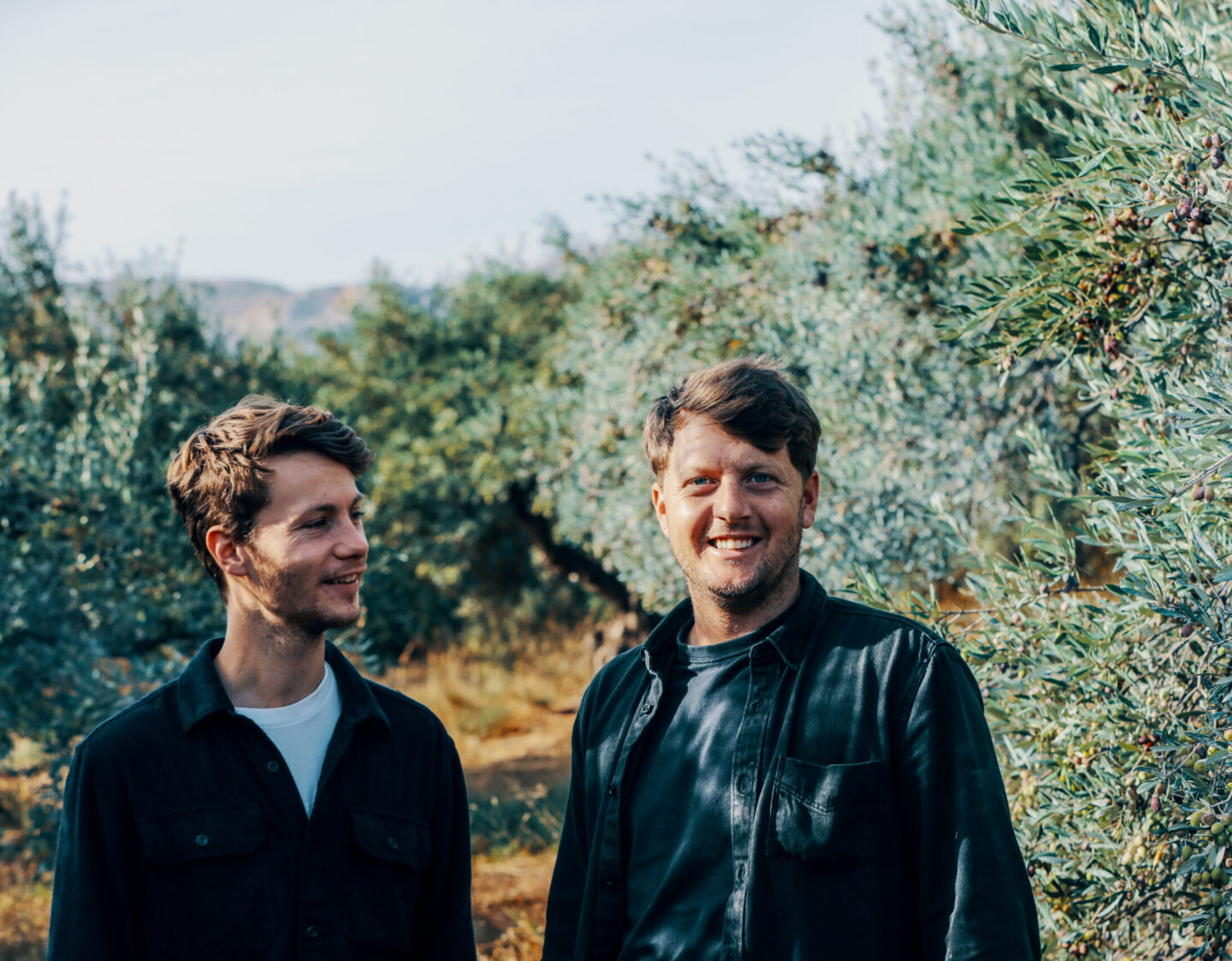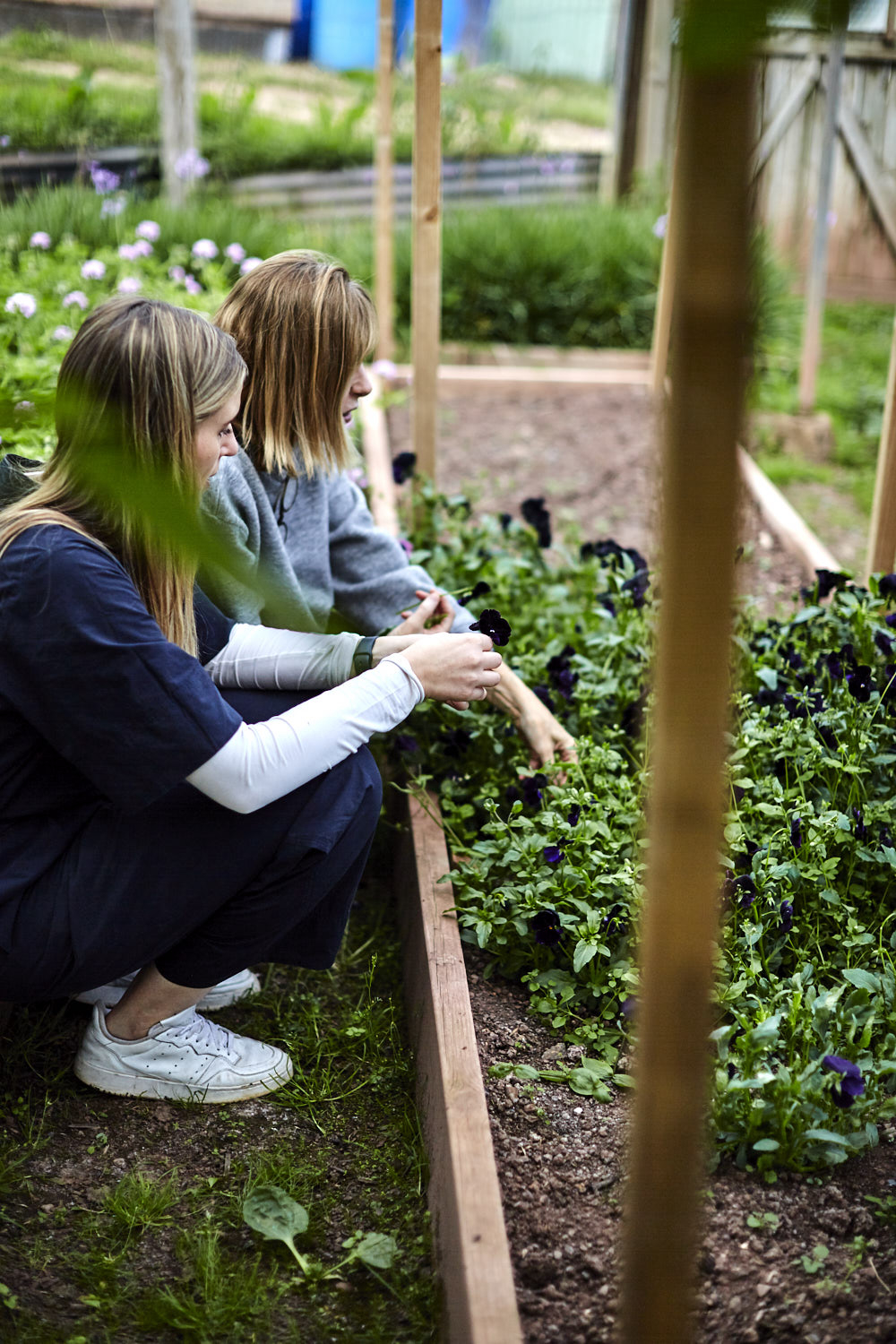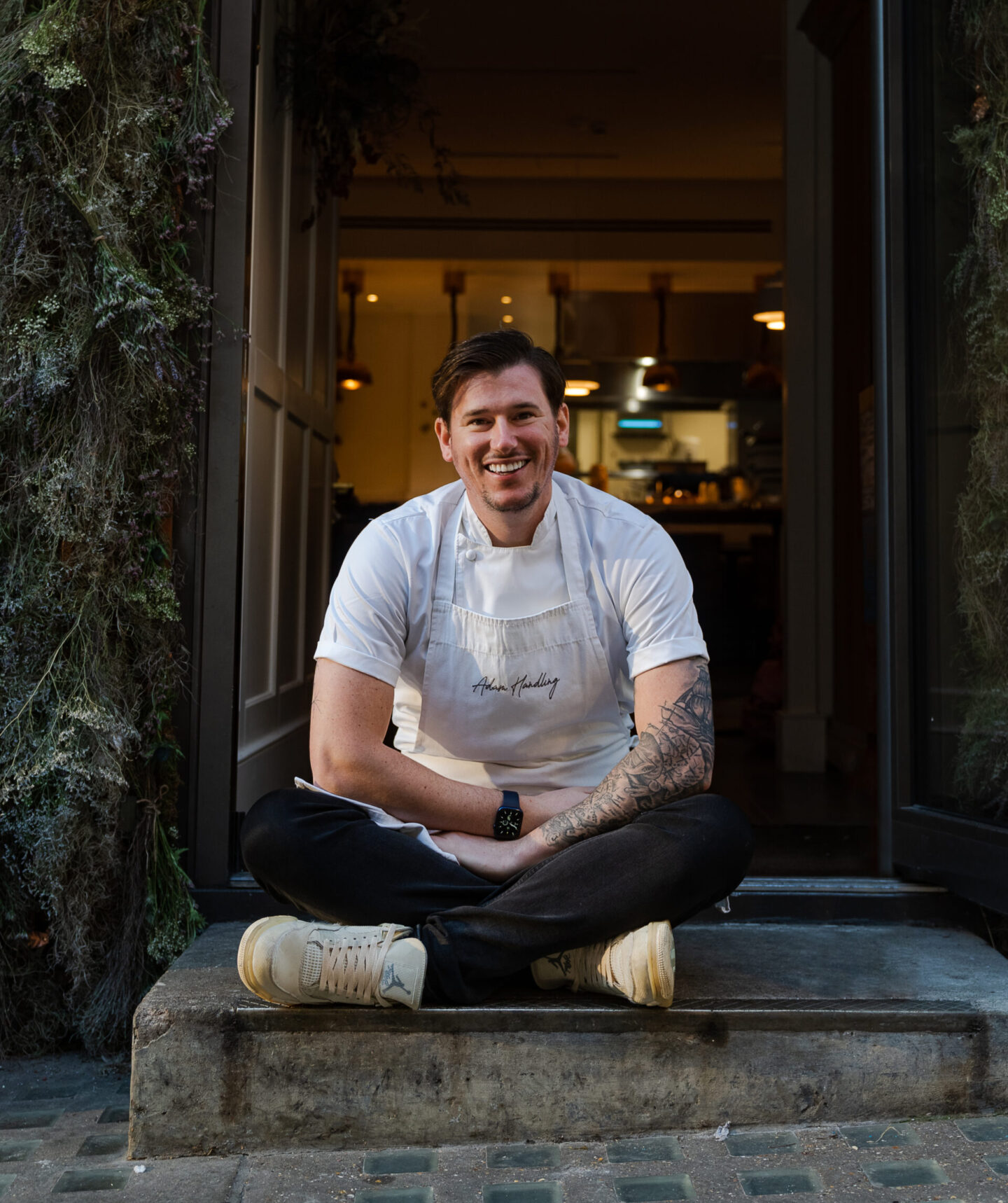Interview: Anika Madsen, 360°Young Chef nominee

Photo: Marie Louise Munkegaard
What’s your story? When did you start out as a chef?
My name is Anika Madsen. I’m 27 years old and the head chef at Fasangården.
I started my education as a chef at the age of 17 and finished chef school in 2014. In 2015, I joined the family at Kadeau, and in 2018 I became the lucky part-owner of Roxie, Kadeaus little sister restaurant, located in Herman K in the center of Copenhagen. Unfortunately, due to COVID-19, we had to close Roxie earlier this year.
Not long after, in the springtime, I had long talks with Claus Meyer, who shortly learned that I was still dreaming of being the frontwoman in a restaurant. I was offered to be head chef and partner in the newly opened Fasangården. On October 1st, 2020, we opened our doors to this old pheasant farm from the 1600s. Restored and rebuilt in the spirit of the original interior design.
It’s an iconic building, which is referred to as “the garden inside the garden” (Haven i Haven), due to the Fasangården location, in Frederiksberg garden. In the summertime, we will start a herbal garden, get a hen house with ten chickens, berry bushes, fruit trees, and have beehives. We will supply ourselves as much as possible, but we will still use our local delivery guys.
What’s your role at Fasangården today?
I’m the head chef and Partner of Fasangården in Copenhagen.
Tell us about your focus and mission as a chef.
Foods and Flavor — the understanding of where our food comes from and how it winds up on the plate.
Education — one of my goals, and my main focus, is to inspire the folks around me, as well as getting inspired and staying curious. I rely a lot on my team, and everyday life at Fasangården should be a place where you learn, play, push hard, and teach. Educating new chefs is very important to me, and I strive to one day have an impact on improving the chef educational system.
Tell us, when it comes to sustainable considerations, how you want to work as a chef.
For me, it’s very important to ask questions and make the whole team ask questions about where our food comes from, how it was caught/harvested/grown/hunted/etc. And how it’s been transported. We might not learn it all in one day or year. We will push ourselves to make the best decision on what food winds up on the plate and support our supply chain heroes — who spend a lot of time doing the hard work in terms of taking a stand on, for example, sustainably caught fish and seafood, and teaching us in that way. We support our local suppliers and listen to our farmers, who decide what gets on the menu. And it’s not a secret that we in Denmark are very proud of the quality of the dairy we produce, as well as our organic fruits and vegetables. Our kitchen is 60-70% organic. We are organic in a way where we keep our mind in the game, not just looking for the logo to say we use organic vegetables. It’s a matter of listening, learning, and in some ways compromising. I am of the belief that our menu shouldn’t put a lid on our creativity with any certain dogma. We’re inspired by the whole world, but we use our terroir as our playground.


